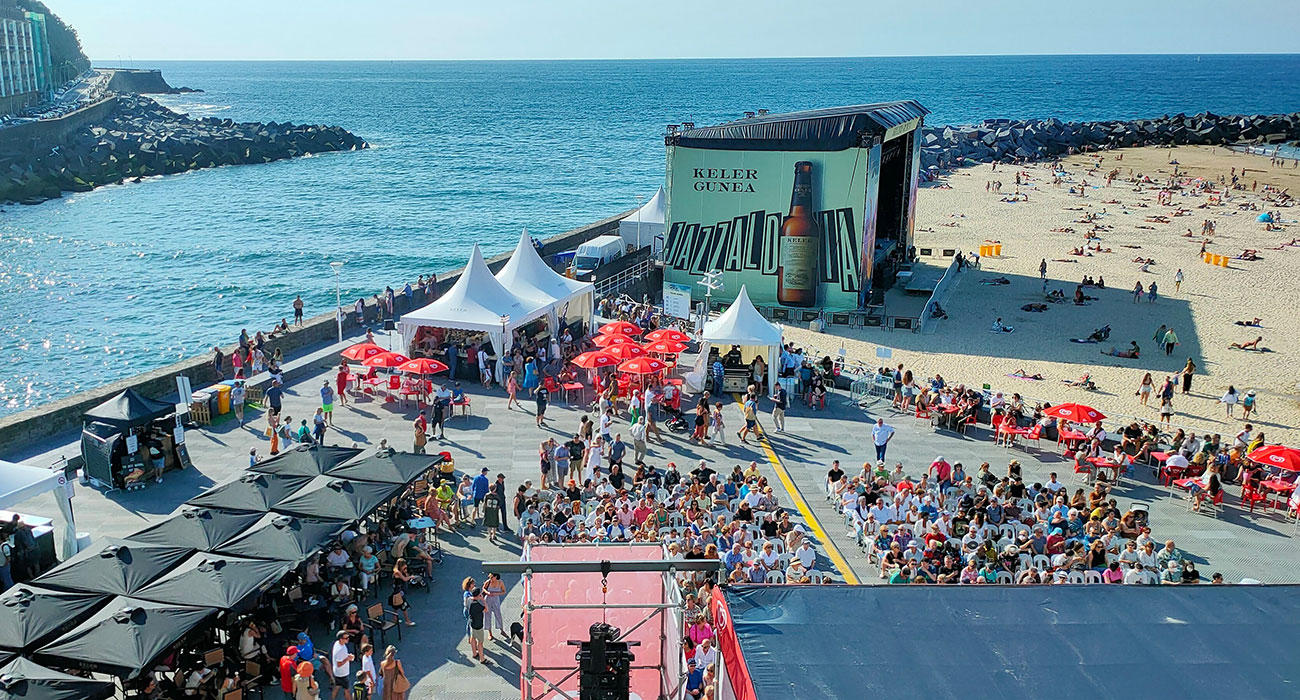These are some of the traditions of the Basque Country, a land rich in culture and history:
1. Basque sports
– Basque ball: It is a competitive sport, demanding, both physically and technically. The athlete who practices this sport is called “pelotari”. Players must hit the ball in turns, in such a way that it hits the front wall and preventing the ball from bouncing on the ground 2 times in a row.
The celebration of a match is vibrant and the competitors throw themselves to the ground, climb on the walls and/or meshes, with the sole purpose of intercepting the ball, they play independently of the right or left hand.
– The aizkolaris: It is a sport that consists of cutting one or several trunks with an ax in the shortest possible time, and you can compete individually, in pairs or in teams. The trunk can be placed vertically or horizontally.
– Stone lifting: Those who practice this sport are called “harrijasotzaile” and it is, without a doubt, one of the Basque sports that causes the most astonishment among those who discover it for the first time. Consists in which two players compete to lift a greater number of times stones of different shapes, dimensions and determined weights.
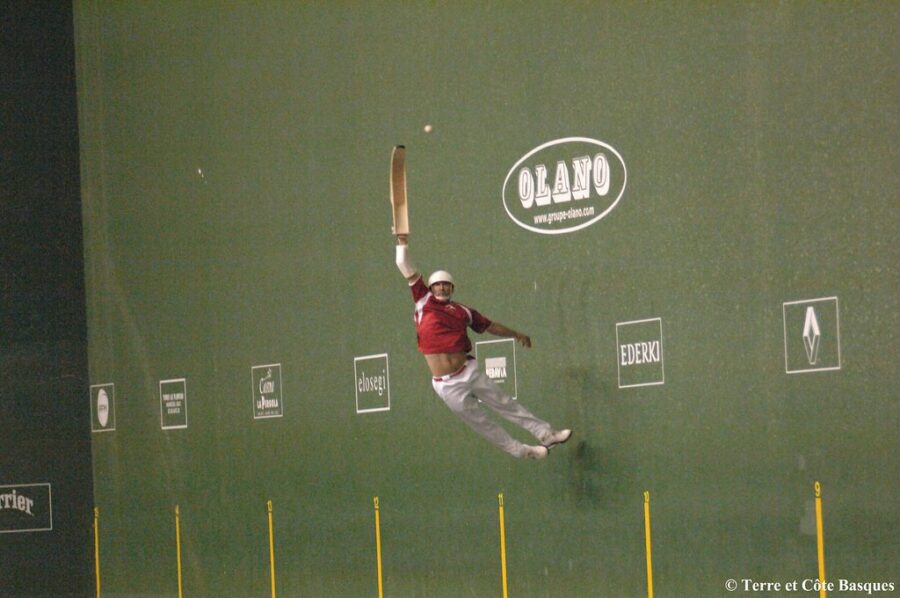

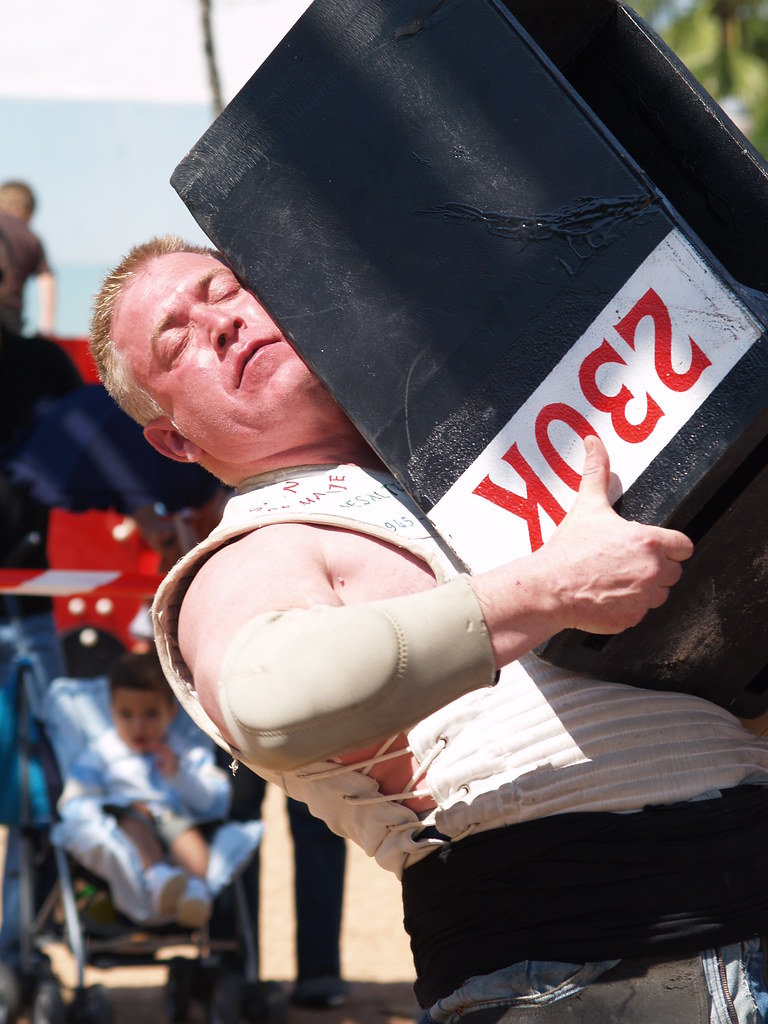
2 Gastronomy
- The cider houses or sagardotegi in Basque: it is the place where people from the surrounding area originally went to taste and buy cider. It was customary to bring some food so as not to drink on an empty stomach. Over time, it became the tradition of the sagardotegi, also functioning as a restaurant and a place for social gatherings.
Today, the cider houses are mostly large houses in the countryside (caseríos) usually located in Gipuzkoa, around San Sebastián. The traditional menu is cod omelette, pil pil cod, the famous T-bone steak and cheese, quince and walnuts for dessert.
- gastronomic societies: The Basques are not only known for their hard-working profile, but for being excellent cooks and marvelous producers of raw materials. Its origin is in the gastronomic societies that is the place to enjoy with friends around a table. There are few small towns or neighborhoods that do not have a society.
- The txakolindegis or txakoli wineries: they are the temples of one of the most traditional wines in the Basque Country with the Txakoli Designation of Origin. There are wineries of all kinds: small, large, innovative, traditional, ecological. All of them strive to make Txakoli one of the best wines in the world. Thanks to the effort, enthusiasm and sacrifice of many people, this wine is making its way into the international market.
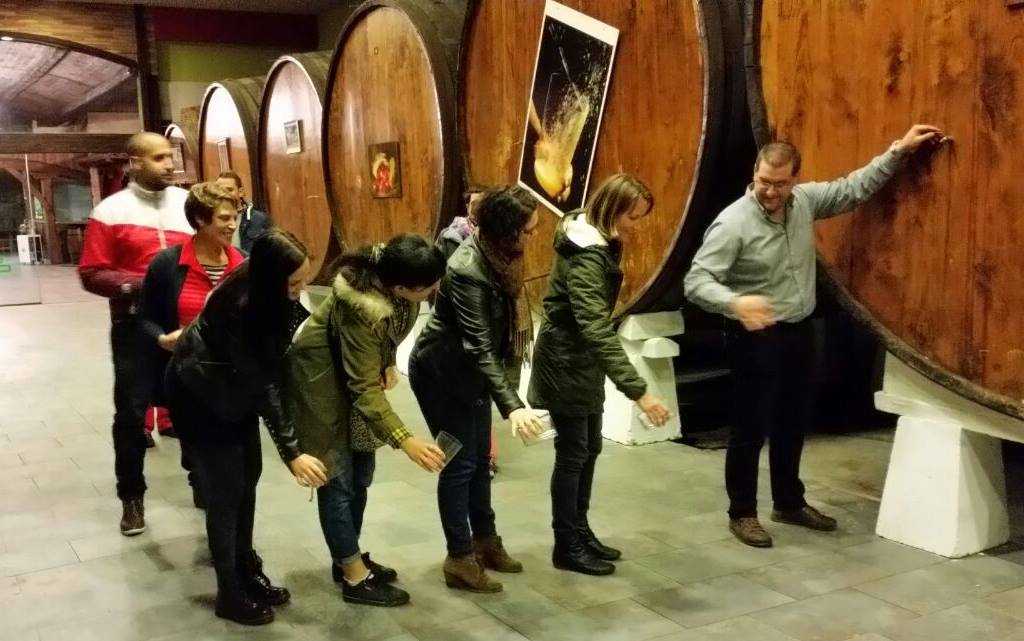
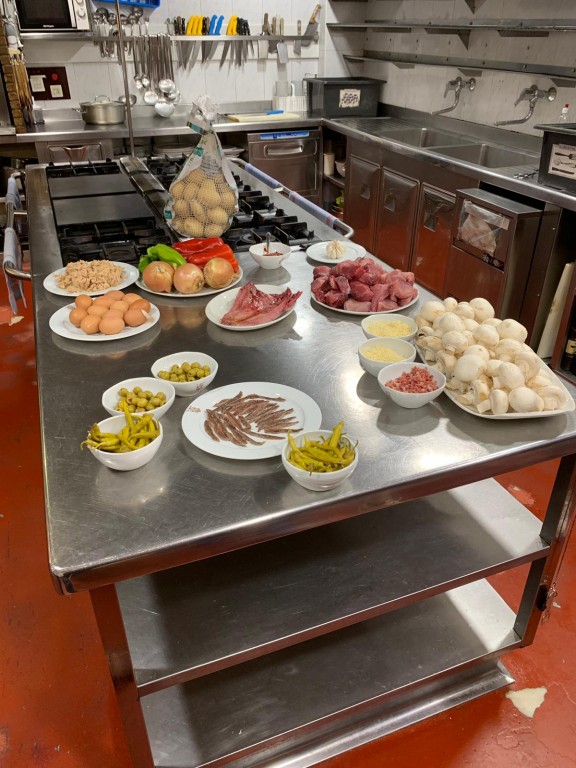

3. The gangs
This is the name given to groups of friends from the Basque Country who get together to have a good time or to talk about their problems. Normally these groups were formed at school or in the neighborhood and have lasted until today. They are usually large in number and their members are usually all of the same sex.
4. The main holidays
- January 20: It is the most desired festival by the people of San Sebastian. This day is the traditional tamborrada that plays in the city for 24 hours.
- 23 June: San Juans night. The tradition of lighting bonfires is maintained.
- Third week of July: Jazz Festival
- Week of August 15: Big week
- 31 August: It is a key date in the history of San Sebastián. On this day, in 1813, Anglo-Portuguese troops entered the city and started a fire that destroyed the entire city except for Calle 31 de Agosto, in the old part of San Sebastian. In homage to the victims, this day several events are held on this street.
- Early September: Basque country
- The first two Sundays of September: Flag of La Concha, regattas.
- Second half of September: International Film Festival
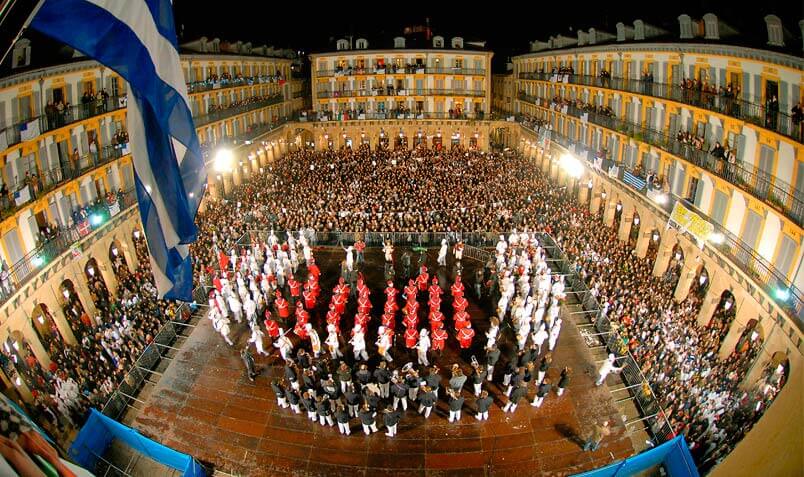
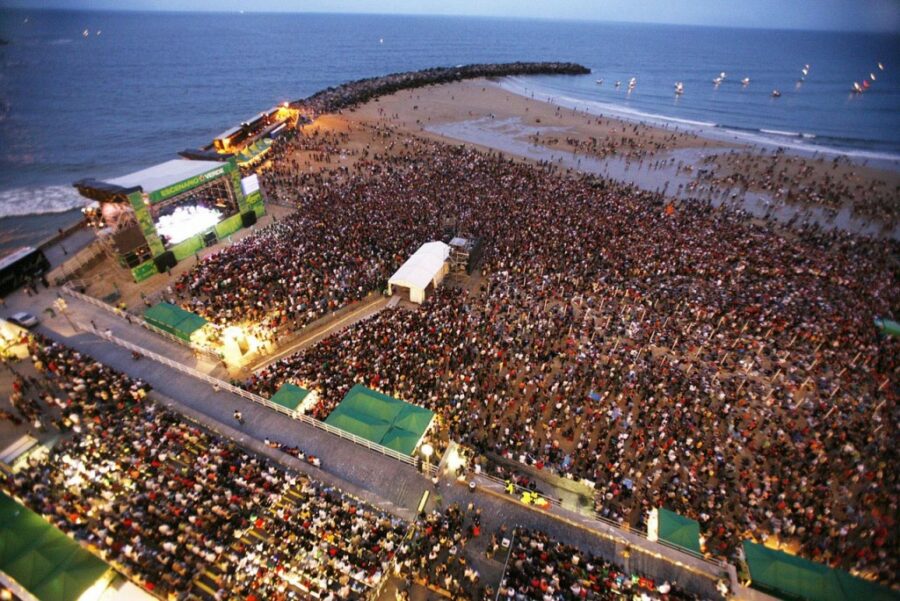

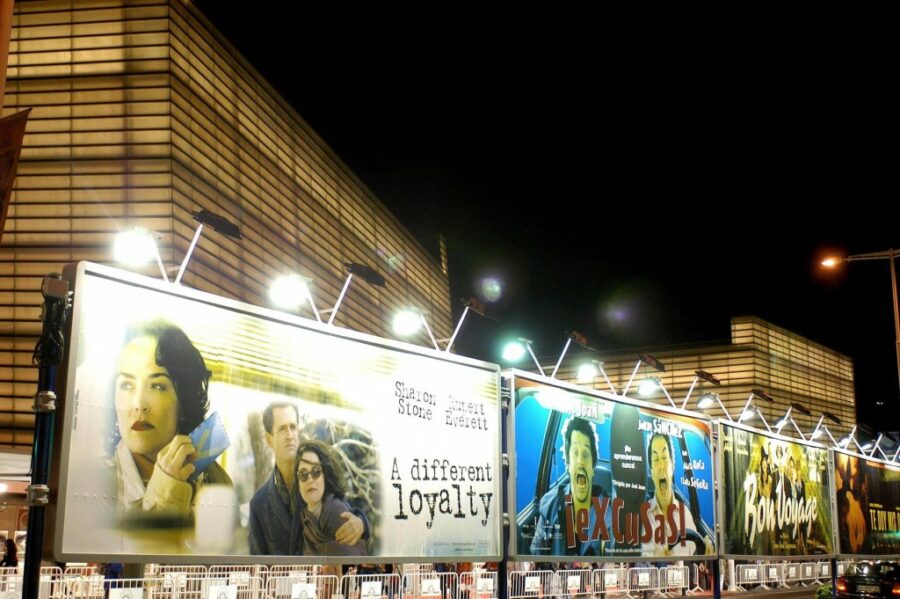
Visit us and don't let them tell you!
